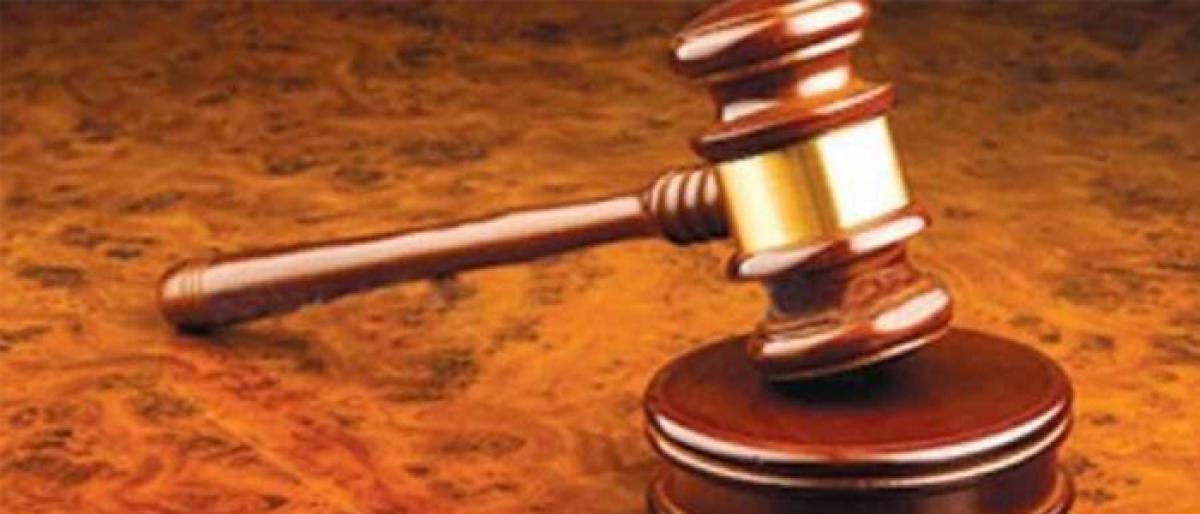Live
- CM Revanth to Review Projects with Senior Officials Today
- Fix Ozone Layer Depletion
- Harish Rao to Visit Medak Today for Centenary Celebrations
- Irregularities in TUDA under vigilance scanner
- ‘Pushpa-2’ row: Celebs & politicos fail to act fairly
- Learn from fighting spirit of women bravehearts: VHP VP
- BJP MP Arvind, MLA Sanjay Kumar meet CM Revanth
- Rapido partners with L&TMRHL to provide discounted rates
- Kisan Diwas 2024: A Day Dedicated to honor our Farmers.
- Axed ACP takes the wind out of Pushpa hero’s sails
Just In
Law panel’s poseR : Can sedition be redefined in a country like India?


Berating the country or a particular aspect of it cannot be treated as sedition and the charge can only be invoked in cases where the intention is to overthrow the government with violence and illegal means, the Law Commission observed on Thursday in a consultation paper on the subject
‘Healthy debate key to public-friendly amendment’
New Delhi: Berating the country or a particular aspect of it cannot be treated as "sedition" and the charge can only be invoked in cases where the intention is to overthrow the government with violence and illegal means, the Law Commission observed on Thursday in a consultation paper on the subject.
The Commission also noted that in order to study revision of section 124 A of the Indian Penal Code (IPC) that deals with sedition, it should be taken into consideration that the United Kingdom, which introduced the section in the IPC, abolished the sedition laws 10 years ago.
The UK did not want to be quoted as an example of using such "draconian" laws, it observed.
The consultation paper also toyed with the idea of redefining sedition in a country like India, the largest democracy in the world, considering that right to free speech and expression was an essential ingredient of democracy that has been ensured as a fundamental right by the Constitution.
"Berating the country or a particular aspect of it, cannot and should not be treated as sedition. If the country is not open to positive criticism, there lies little difference between the pre- and post-Independence eras.
Right to criticise one's own history and the right to offend are rights protected under free speech," the consultation paper said.
For merely expressing a thought that is not in consonance with the policy of the government of the day, a person should not be charged under the section, the paper said.
"Sedition charges can only be invoked where the intention behind any act is to overthrow the government with violence and illegal means," it observed.
The paper also cited examples of Jawaharlal Nehru University (JNU) student leader Kanhaiya Kumar, who was charged with sedition over the alleged anti-India slogans on the campus.
It added that while it was essential to protect national integrity, it should not be misused as a tool to curb free speech.
Dissent and criticism are essential ingredients of a robust public debate on policy issues as part of a vibrant democracy, it observed, and therefore, every restriction on free speech and expression must be carefully scrutinised to avoid unwarranted restrictions.
The Commission also hoped that a healthy debate takes place in the country among the legal luminaries, lawmakers, government and non-government agencies, academia, students and the general public on the topic, so that a public-friendly amendment could be brought about.

© 2024 Hyderabad Media House Limited/The Hans India. All rights reserved. Powered by hocalwire.com






